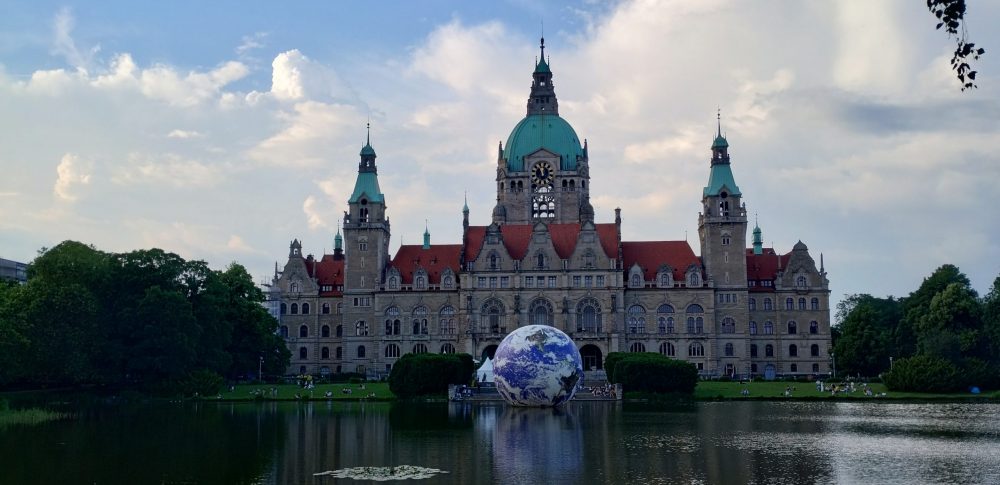Machen can translate into the English DO or MAKE depending on meaning or context of use. Most often, I would carefully claim, DO is the favored choice.
The distinction between DO and MAKE can cause problems for German speakers learning English, and a very common mistake Germans make is overusing MAKE. Though there is a second word of similar meaning – TUN, the differences between the two are not the same as the differences between DO and MAKE. Here we will focus on MACHEN and ignore TUN for the time being. We will also see how sentences with MACHEN translate into English if the best choice is not a form of DO or MAKE.
In German we can say:
Wir haben gute Geschäfte gemacht which would translate as ‘We did good business’.
Wir haben gestern viel Sport gemacht = ‘We did a lot of sports yesterday’.
Sie haben ihre Hausaufgaben gemacht = ‘They did their homework.’
Wir haben Fortschritte gemacht = ‘We made progress’.
However, when studying the examples below, you will find that many sentences can not be translated literally using MAKE or DO.
Wir haben uns Sorgen gemacht, for example, would be expressed by WORRY in English: “We worried”.
MACHEN is a very common multifunctional verb. It is transitive which means, besides a subject, it always takes an object: etwas machen.
Let’s look at examples, infinitives first:
- Fehler machen to make mistakes
- Geschäfte machen to do business
- Hausaufgaben machen to do (your) homework
- Sport machen to do sports (exercise)
- glücklich machen to make happy
- Geld machen to make money
- Probleme machen to cause problems
- sich Sorgen machen to worry
- Witze machen make jokes
- sich schmutzig machen make yourself dirty
- neugierig machen make curious
- schlapp machen to give up
- kaputt machen to break, damage, destroy
Sentences:
- Das können Sie nicht machen.
- Mach dir keine Sorgen.
- Sie haben uns ein günstiges Angebot gemacht.
- Ich mache jede Woche einmal Yoga.
- Sie macht nicht viel Sport.
- Wir müssen eine Einkaufsliste machen.
- Machen Sie es sich bequem.
- Die Mannschaft macht ein gutes Spiel.
- Sie machen sich das Essen warm.
- Ich mache den Bericht für morgen fertig.
- Er macht sein Büro sauber.
- Wir sind stundenlang gewandert. Ich kann nicht mehr, ich mache gleich schlapp.
- Das Kind ist gefallen und hat sich schmutzig gemacht.
- Das neue Update macht uns viele Probleme.
- Mein Job macht mich nicht glücklich. Ich werde mir einen neuen Suchen.
- Ich bin zu schnell über einen Bordstein gefahren. Das hat meinen Reifen kaputt gemacht.
- Zuviel Eiscreme macht mich dick.
- Der Lärm draußen hat den Hund wach gemacht.
- Der Film gestern hat mich traurig gemacht.
- Das Training im Fitnessstudio macht mich stark.
Fixed phrase: Macht nichts – Doesn’t matter/That’s okay
As you can see, though many, not all instances of MACHEN above translate to forms of DO or MAKE in English. All examples are strong collocations and are recommended to be learned as such.
